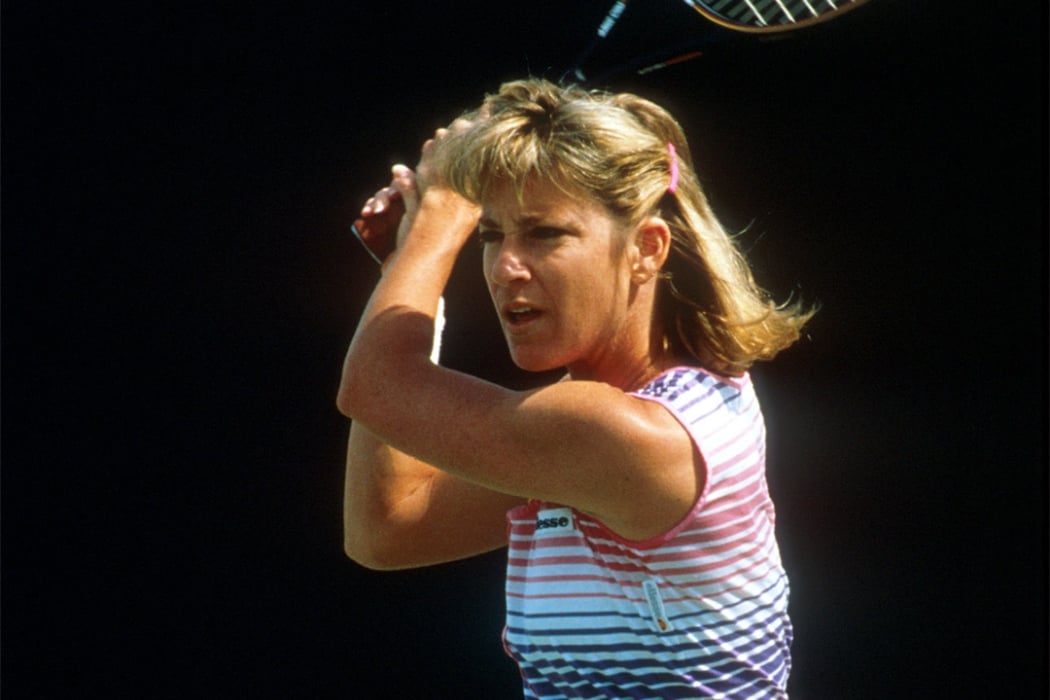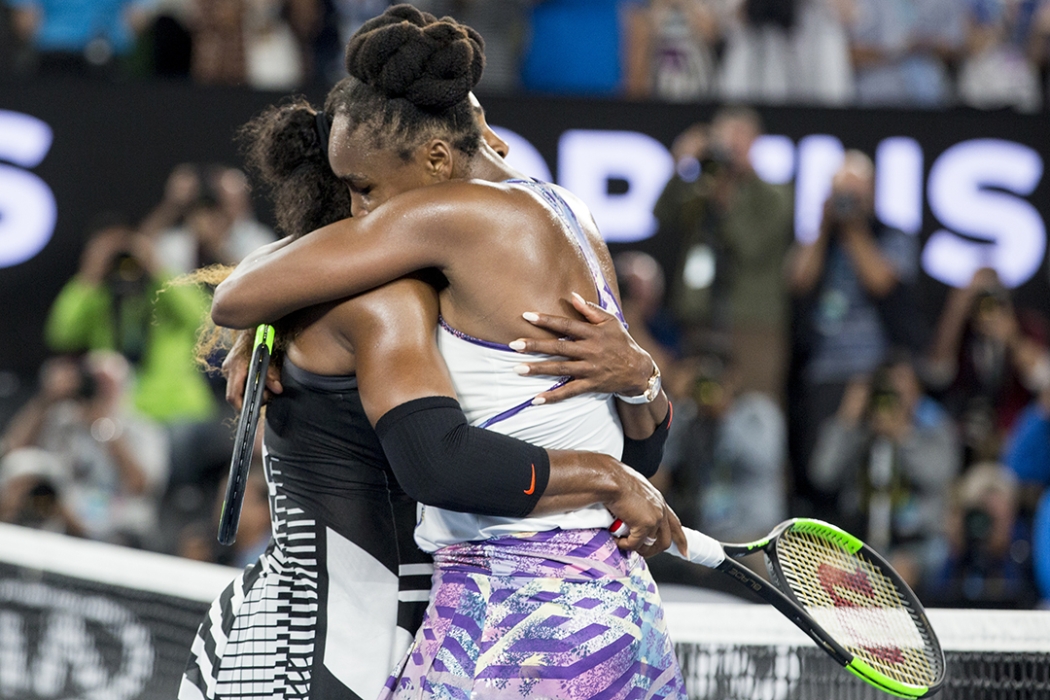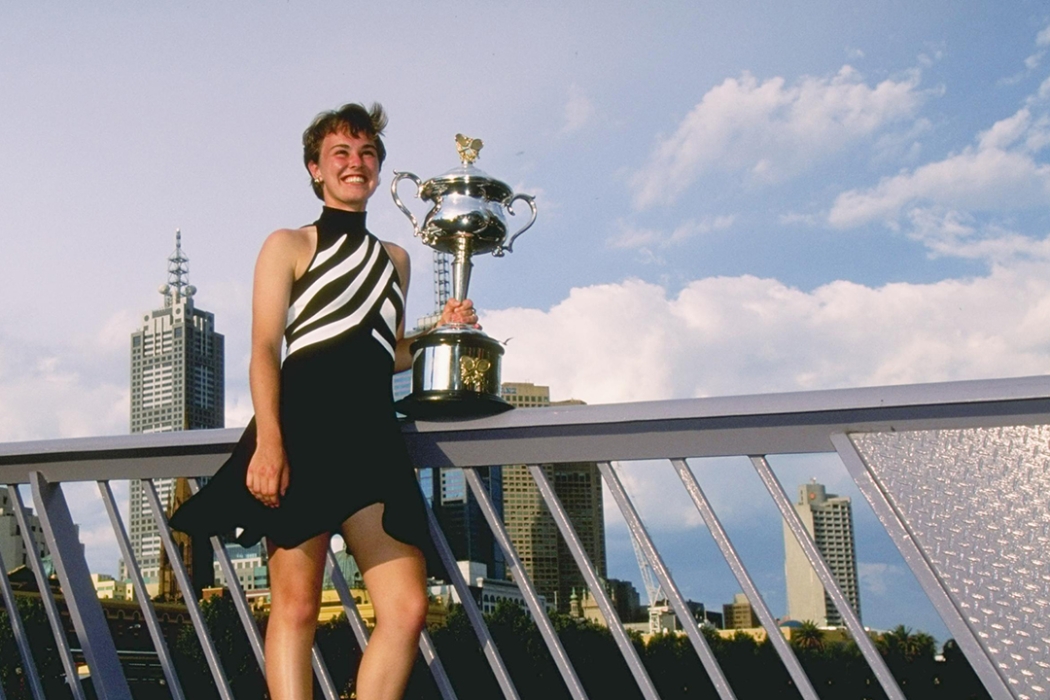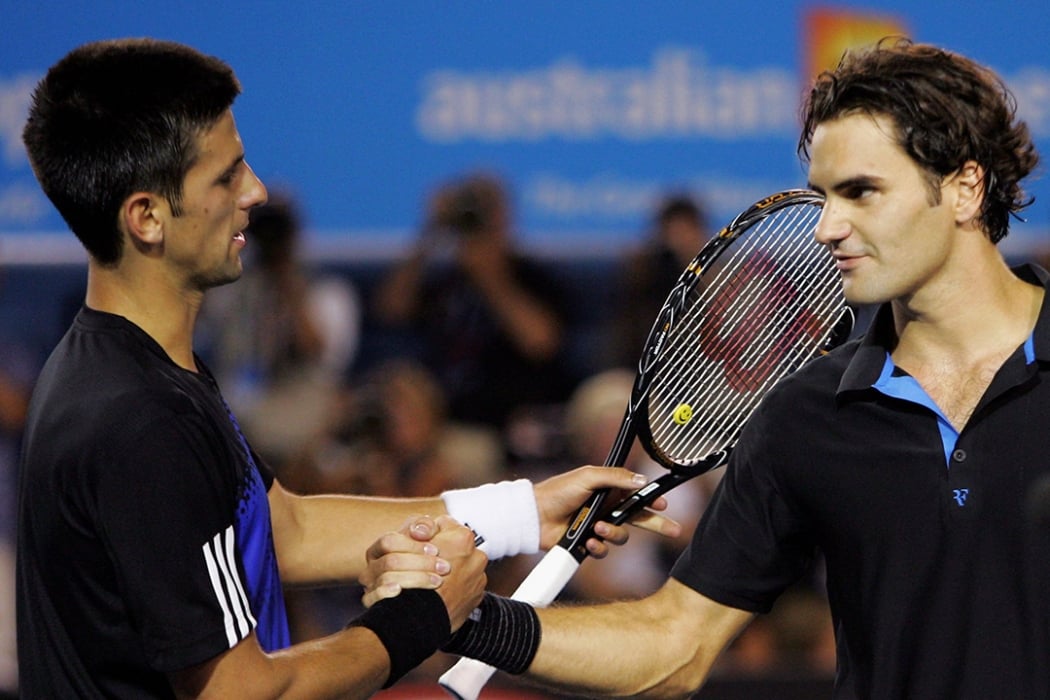Few gave Wang Qiang much hope of beating Serena Williams at Australian Open 2020.
The last time they’d met, four months earlier at the US Open, Williams had crushed Wang in 44 minutes, losing only one game. Wang didn’t hit a single winner.
Serena arrived at Melbourne Park after falling in the Wimbledon and US Open finals, near-misses stoking her desire for a record-equalling 24th major singles title.
But when she confronted Wang in the third round at AO 2020, she met a transformed player.
Wang upstaged Williams at Rod Laver Arena in a classic slugfest spanning two hours, 41 minutes – a match you can now watch in full, along with many more, on the Australian Open YouTube channel.
Demolition job
Things had taken off for Wang in 2018. Barely inside the top 100 in that May, she ended the year at world No.20 after tearing up the season-ending Asian swing.
She then recruited coach Thomas Drouet in early 2019 and maintained a place in the top 20, but was yet to make the second week at a Slam. “(It was) crazy for a player at that level,” Drouet told ausopen.com.
“After a few weeks working with her I told her: ‘OK, your game plan is to be close to the baseline, and counterpunch, to make balls, but I believe you need more power.’
“And I said: ‘Imagine if you play Serena – she's serving so strong, the power of her shots from the baseline. So how can you handle this power, if you yourself as a player don't have enough power?’”
Those two plotlines coalesced at that year’s US Open. Wang finally reached the second week of a major, then stunned world No.2 Ash Barty to reach her first Grand Slam quarterfinal, where she met Williams at Arthur Ashe Stadium.
Few occasions come bigger than a meeting with an all-time great, for a place in a major semifinal, under lights at the world’s biggest tennis arena.
She was overwhelmed.
"She got completely broken by Serena; she couldn't handle the pressure. After that match, she was crying and everything, she was ashamed,” Drouet recalled.

"The next morning, we go to breakfast and I say: ‘I'm very happy at what happened yesterday.’ And she looked at me like, ‘What?! I lost 6-1 6-0, how can you be happy?’ And I said: ‘Because that match, I don't know if you remember four, five months ago, I told you – that match shows the lack of power you have.
“You have the tennis to beat her, but you are not ready physically. So if you want to have a chance, you need to work harder in the gym.”
Avenging defeat
Wang’s footwork, speed and agility were already excellent, but she had never focused on weight-training in the gym.
At her request, Drouet took over as Wang’s fitness coach, and during the off-season he put her through her paces – lots of on-court fitness training, combined with weights and running, to maximise power and explosiveness. "I’ve never seen someone working hard like this,” Drouet said. “I promise we were six hours every day working. It was crazy."
Wang began 2020 with a quarterfinal in Shenzhen, then won her first two rounds at the Australian Open in straight sets to reach the last 32.
Her next opponent? Serena Williams.
This time, Wang was buoyed by her off-season work. She felt physically stronger, was serving and hitting bigger, and could impose herself more during rallies.
Sensing her growing belief, Drouet rammed home the message.
“I said now it's different; you're gonna beat Serena Williams with your fitness. I want Serena to play 25 shots, every point. And now you have the power to resist,” he told her. “She's a champion, and she's not going to break after three games. It's gonna be a long battle. And she can crack at the end of a set, or at the end of the match.”
That’s exactly how it played out.
A stunning upset
Wang executed brilliantly, playing with controlled aggression to take the first set and breaking Williams midway through the second.
She served for the match leading 6-4, 5-4, but despite engaging Williams in one of those lengthy rallies Drouet called for, the American won an unforgettable 24-shot exchange, smacking a forehand winner to break back.
Never count out SERENA!
In a 24-shot rally, Williams rips a cross-court forehand winner to break Wang and keep her tournament hopes alive.#AO2020 | #AusOpen pic.twitter.com/MRAyMXMquA— #AusOpen (@AustralianOpen) January 24, 2020
When Williams won the second-set tiebreak, Drouet worried Wang had missed her moment.
“Because she was serving first in the third, I was just waiting for this first game. And when I saw the way she served, and the way she was holding herself, then I knew she was still in,” Drouet observed.
“Losing the second set and (getting) broken immediately, then Serena would have punished her. But she said to Serena, 'I'm still here, and I'm gonna fight until the end'.”
Wang continued to hold her nerve – and her serve – to inch ahead 6-5. And she ultimately won the physical battle, with Williams’ game increasingly error-prone. One final backhand into the net saw Wang prevail 6-4 6-7(2) 7-5.
"I really love the story behind the process of beating Serena – it was something we built together,” Drouet said.
“She cried in my arms after and I said: ‘Don't cry, you deserve it. It's not an accident why you are here today; it's because of what you did from September to January’. I still have the picture on my computer -- we were sitting together in the recovery room after, and we were like, ‘wow, we did it’.
“This is for what I do this job. Coaching-wise, that's one of the moments I will always remember.”
Momentum stalled
Into the second week at consecutive Slams, Wang was starting to consistently bring her best tennis to the biggest stages.
But just six weeks after that AO 2020 fourth-round run, the COVID-19 pandemic struck, professional tennis was suspended, and Wang’s trajectory was forever altered.
PRICELESS MOMENTS: Win great prizes with Mastercard
When checking into a hotel in California, Wang was informed Indian Wells had been cancelled. She and Drouet returned to his Monaco base to train and await news of a decision on the Miami Open, which was also eventually cancelled.
Wang decided to return to China. “That was not the plan,” Drouet said, recalling how difficult it would have been to continue training together, given China’s strict border policies at the time. “And she said: ‘Yes, but I want to go home’.
"So she went, and I never saw her again."
You can listen to the full interview with Drouet in the coming weeks on The Sit-Down, a weekly podcast released each Monday featuring an in-depth interview with a notable tennis identity. Subscribe via The AO Show in your favourite podcast player.



